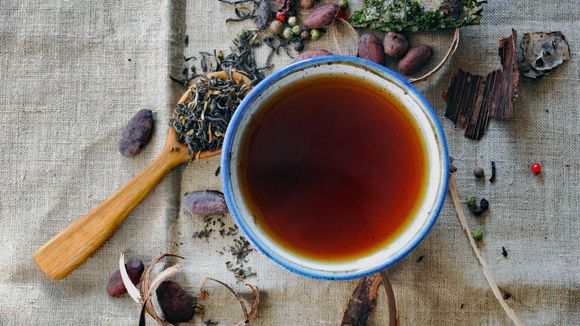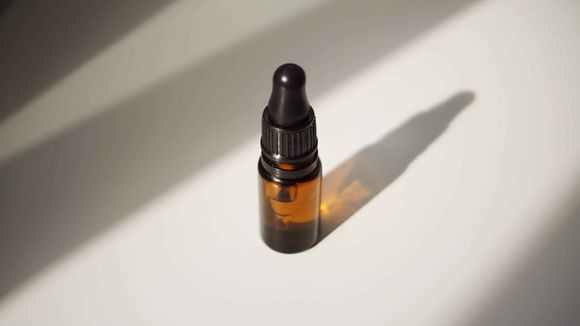Signs of an Anxiety Disorder
- Excessive Worry and Overthinking
Experiencing persistent and overwhelming worry, even about minor issues, is a key indicator of an anxiety disorder.
- Muscle Tension and Restlessness
Anxiety often manifests physically, causing muscle tension, restlessness, and even involuntary movements.
- Trouble Sleeping
Anxiety disrupts sleep patterns, leading to insomnia and restless nights.
- Gastrointestinal Issues
The gut-brain connection is real, and anxiety can lead to gastrointestinal discomfort.
- Perfectionism
Unrealistic standards and an unrelenting need for perfection can signal an underlying anxiety disorder.
- Self-Consciousness
Excessive self-consciousness and fear of judgment are common in social anxiety.
- Intolerance of Uncertainty
Anxiety can make it challenging to tolerate uncertainty and make decisions.
- Startling Easily and Hypervigilance
Heightened sensitivity to stimuli and being easily startled can indicate an anxiety disorder.

Photo by Joice Kelly on Unsplash
Natural Remedies for Anxiety
Exploring natural remedies for anxiety can complement traditional treatments. Discover the potential of herbs like Passiflora incarnata (Passionflower) and Valeriana officinalis (Valerian) in reducing anxiety symptoms.
Calming Passionflower Tea
Ingredients:
- 1 teaspoon dried Passiflora incarnata leaves and flowers
- 1 cup hot water
Instructions:
- Place dried passionflower leaves and flowers in a cup.
- Pour hot water over them.
- Cover and steep for 10-15 minutes.
- Strain and enjoy this soothing tea.
Relaxing Valerian Tincture
Ingredients:
- 1 part dried Valeriana officinalis root
- 4 parts alcohol (e.g., vodka)
Instructions:
- Place dried valerian root in a glass jar.
- Pour alcohol over the root, ensuring complete coverage.
- Seal the jar and let it sit for 4-6 weeks, shaking daily.
- Strain and store the tincture in a dark glass bottle.
- Use a few drops as needed to ease anxiety.

Photo by Cristi Ursea on Unsplash
Anticancer Properties
Interestingly, both Passiflora incarnata and Valeriana officinalis possess potential anticancer properties12. While these herbs are primarily known for their anxiety-relieving effects, their potential broader health benefits are noteworthy.
Questions and Answers
Q: Can anxiety disorders develop suddenly, or is it a gradual process?
A: Anxiety disorders can emerge both suddenly, triggered by a traumatic event, and gradually due to chronic stress.
Q: How do specific foods impact anxiety symptoms?
A: Foods like caffeine and high-sugar items can exacerbate anxiety symptoms.
Q: Does exercise play a role in managing anxiety?
A: Absolutely, regular exercise releases endorphins that aid anxiety reduction.
Q: Can children experience anxiety disorders?
A: Yes, anxiety disorders can develop in children and adolescents, presenting differently from adults.
Q: Can mindfulness techniques effectively alleviate anxiety symptoms?
A: Yes, mindfulness and meditation are proven tools for anxiety management.
References
Sarris, J., McIntyre, E., Camfield, D. A., & Plant, C. (2013). A randomized, controlled trial of oral Passiflora incarnata extract (sedanxan) in the treatment of generalized anxiety disorder. Phytotherapy Research, 27(2), 292-297.
Santos, M. S., Ferreira, F., Cunha, A. P., & Carvalho, A. P. (1994). An aqueous extract of valerian influences the transport of GABA in synaptosomes. Planta medica, 60(4), 278-279.
Mucalo, I., Jukić Špika, M., & Božinović, N. (2020). Cytotoxicity and genotoxicity of Passiflora incarnata L. Extracts. Journal of ethnopharmacology, 248, 112330.
Miraj, S., Kiani, S., & Alesaeidi, S. (2017). Exploring Valeriana officinalis*; traditional and modern medicinal uses. Journal of Chemical and Pharmaceutical Sciences, 10(4), 2127-2131.









